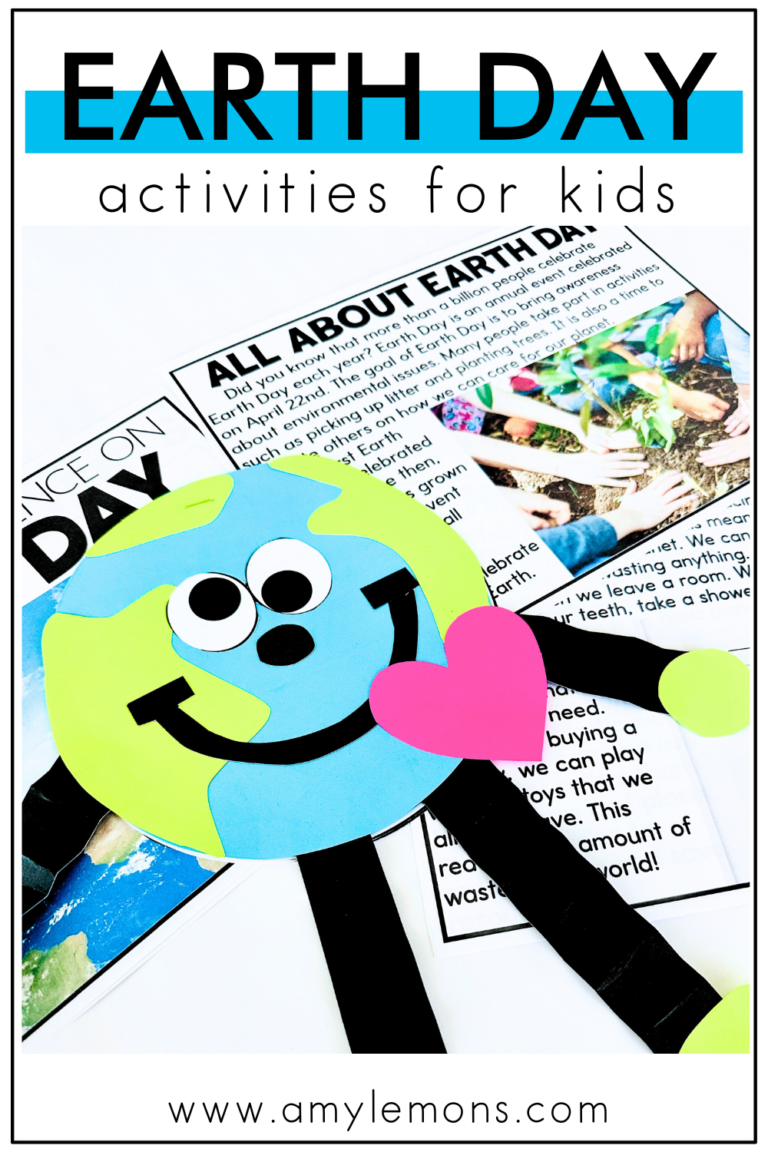
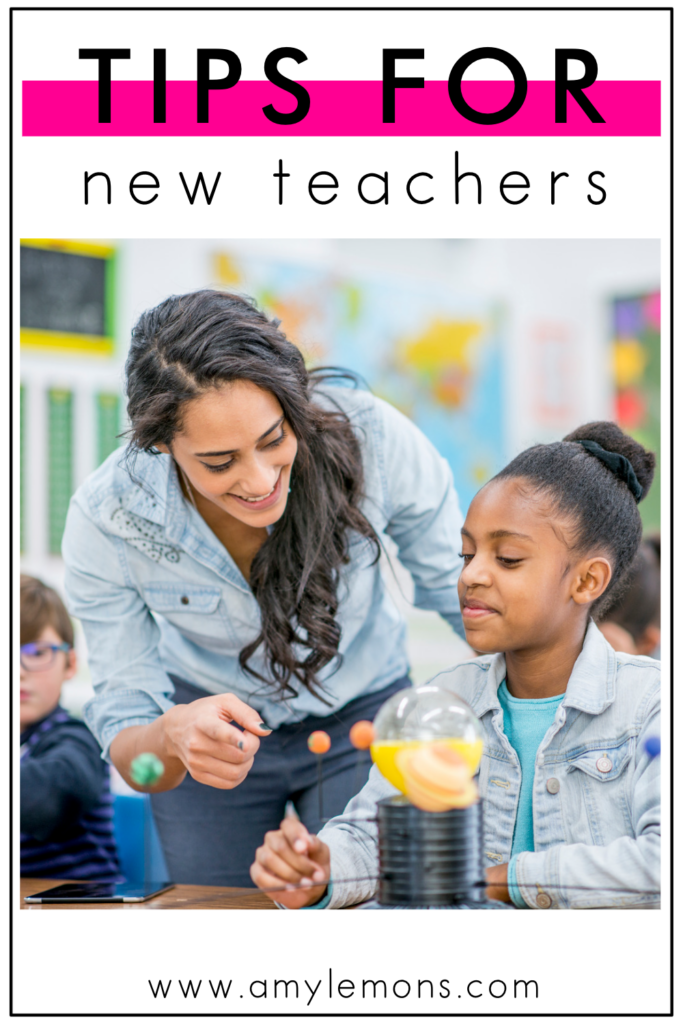
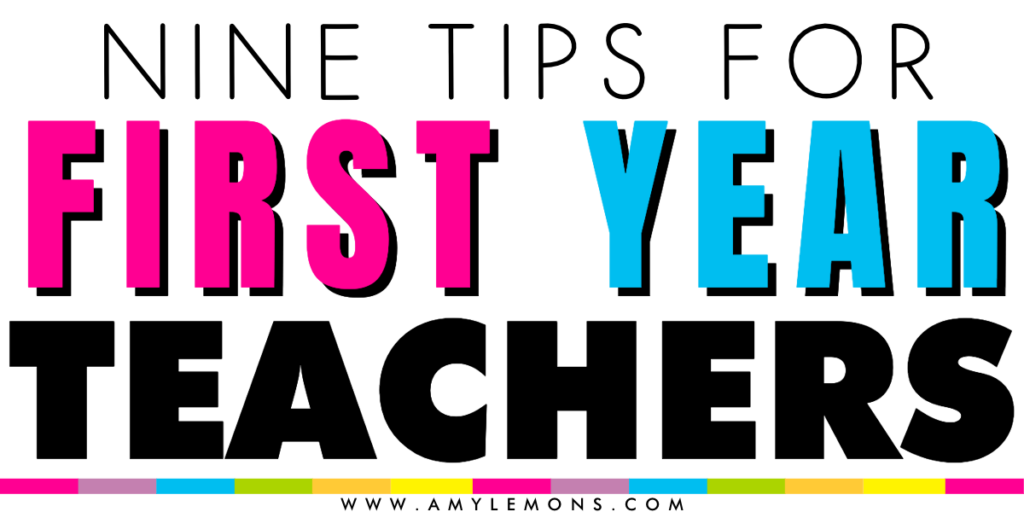
It’s no surprise that being a teacher is stressful. Whether you are a brand new teacher, have a few years of teaching under your belt, or consider yourself a veteran, you will encounter challenges in the classroom that can be overwhelming. But figuring out what you need as a new teacher is especially difficult.
Going into the year with high expectations, unestablished boundaries, and big Pinterest-sized classroom goals is usually what leads to the overwhelm.
So, I asked a group of veteran teachers to share essential tips new teachers need to know, so you don’t have to go into the first year without a solid plan!
As you read on, you will find practical and effective teaching tips that will help you to enter the classroom with confidence. Let’s dive in and explore the world of teaching together!

Did you know that as a teacher you will ALWAYS have more work than hours in the day? That’s right!
It does not matter how late you stay at school, there will ALWAYS be something to do. Don’t let that overwhelm you though. Before stepping into the classroom, set up boundaries for yourself.
Sometimes this means you have to simply step away and remind yourself that the work will be there tomorrow. Now, this does not mean that you forsake your teaching responsibilities.
It means that you learn to manage your time wisely while you are in the classroom.
Check out this list of 7 Time-Saving Tips for Teachers so that you can become more effective and efficient with the pockets of time you’ve been given.

As a new teacher, there is a lot you’re still learning and managing. And time is one of them! Learn from Leigh over at The Applicious Teacher. To assist with time management struggles she uses a classroom timer.
Using a classroom timer can save you so much time and energy! It can be physical or digital, but use it to help keep you on track and on time for special areas and lunch.
Want more tips like this for new teachers? Check out these 5 Mistakes Every New Teacher Must Make!

Starting out as a new teacher of Kindergarteners can be a totally different ball game! Not only are you new to teaching, but many of your students will be new to a school environment.
It can certainly feel overwhelming. Here’s what veteran teacher Amanda had to say about a similar experience.
“I’ll never forget my first year of teaching because it was WILD! I started the year as a 1st-grade teacher and in October (YES! OCTOBER!), I was moved to Kindergarten due to enrollment numbers. I felt so lost! Sure, it’s still elementary, but there is a difference between a child who has been in school before and who hasn’t.”
To help you avoid feeling like Amanda did as a first-year kindergarten teacher, she put together 12 tips that are things she wishes she had known as a first-year kindergarten teacher! You’ll walk away with 12 Kindergarten New Teacher Tips and several freebies!

The worst thing you can do entering into your first year of teaching is assume that you have to do all the things you see on social media or even inside the school from other teachers.
Marcy from Saddle Up for 2nd Grade offers this advice.
“When I think back on my first year of teaching, it is all such a blur. Looking back on things now, I know I survived by those teacher manuals I cringe at now. My walls were covered with hand-me-downs from my mom who was also a teacher or whatever I could make myself. Today, I can see a new teacher becoming overwhelmed with what they see on social media and Pinterest.”
Marcy wants to remind you that the amazing color-coded library you see on Instagram probably took a veteran teacher 5 years to build. And that the carefully organized collection of math centers was built up over time.
As tempting as it may be, don’t worry about being a “Pinterest teacher.” Give yourself grace and don’t try to do everything. Pick one or two things you want to concentrate on and build those then add in more each year.
You can’t expect to know/have/do the same things as a 5, 10, or even 20-year teacher. It takes time and that’s ok. Check out this advice for first-year teachers by veteran teachers.

With the right tips and strategies, new teachers can set themselves up for success from day one. After spending over 20 years in the classroom, Trina Deboree from Trina Deboree Teaching and Learning shares an essential tip for new teachers with helpful advice for execution.
Protect your time.
The essential for a healthy work-life balance is knowing when to say no and when to set a firm boundary on leaving work at work.
This boundary will be harder to do at the beginning and end of the year so give yourself two weeks at the front and end of the school year to go beyond your set time. But after that time is up, stick to your firm ending time.
It is crucial to have a life outside of the classroom. Taking care of your personal needs will benefit you and your students.
One way to gain extra time at the beginning of the year is to barter with a friend. For example, consider swapping with another teacher, with whom you’re close, to take turns staying late and picking up the kids.
One day, one of you will remain at school until 6:00 or 6:30 while the other grabs the kids, takes them to play, and feeds them. So then, when the other picks them up, they are ready for nighttime routines and then bed. Switch out each day as needed.
This system worked well for Trina and her teacher BFF. It gave them the much-needed time they needed at the year’s beginning and end. (They also used this system one day a week for one late day.)
Want to hear more about welcoming new teachers to the profession? Tune into Trina’s podcast One Tired Teacher.
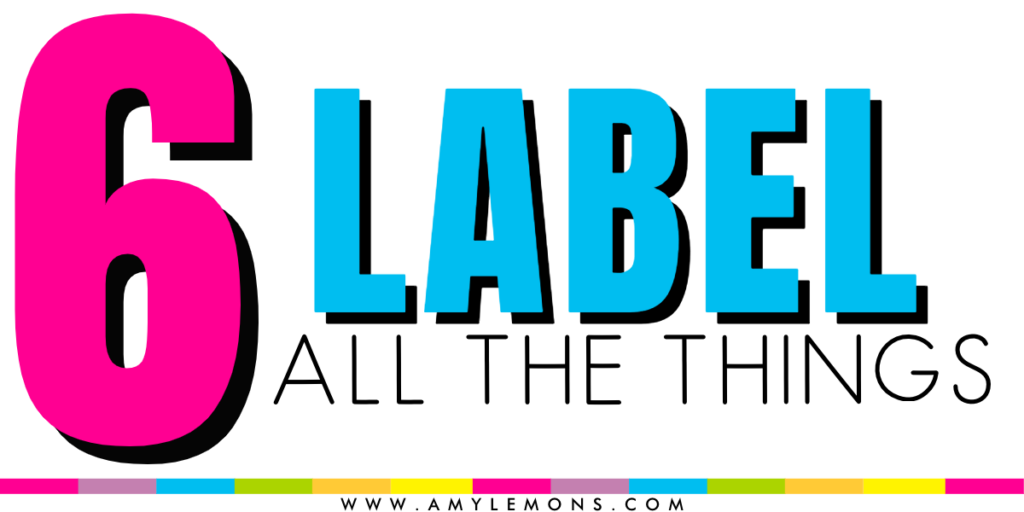
Ronnie from A Teacher’s Wonderland has ideas just for new teachers when it comes to keeping your paperwork and materials organized. Label everything!
You will be given so much paperwork at the beginning of the year. The first thing you should do is label it. You can add a color Post-it to the corner of each set using the Post-it flags or the 1-by-1s.
Consider using labels such as ‘to do’ or ‘important info’. You can also do it by subject or due dates. Then, when you place it in your filing cabinet, you can find exactly what you are looking for based on the color Post-it.
Bonus points if you label it with the title of the page!
If you are searching for picture books to use at the beginning of the year, check out these Back to School Picture Books.
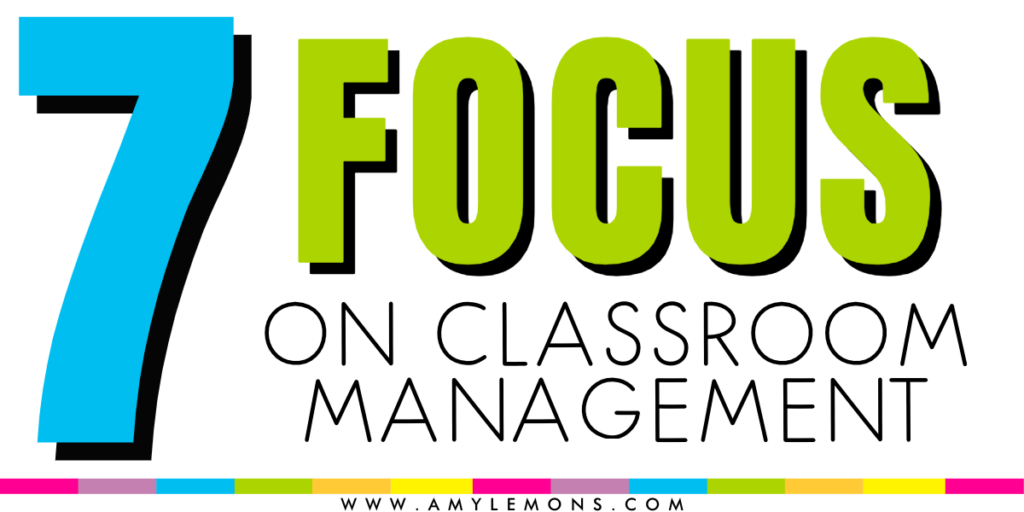
As a first-year teacher, there are so many things trying to get your attention, but it’s important to focus on what Angela from The Daily Alphabet likes to call the hidden curriculum: classroom management.
To ensure a successful start to the school year, prioritize the establishment of clear expectations from day one. Reinforce these expectations consistently during the first month to promote a smooth and productive classroom environment.
Focus on developing and practicing routines and procedures, and hold students accountable by enforcing expectations and consequences consistently.
Remember, it’s easier to start with a firm approach and gradually adjust, rather than trying to implement stricter measures later on. Effective classroom management sets the foundation for a positive learning experience.

Tammy with The Owl Teacher remembers feeling both excited and challenged when she first started. She offered this advice to help with the overwhelm.
As a new teacher, you may feel overwhelmed by all the responsibilities and expectations of your new role. I suggest you seek out high-quality resources.
There are lots of free options online and at first, you may have the thought that you’ll take anything you can get your hands on. But after a while, you end up with a large collection of lookalikes on your computer taking up space that you really aren’t going to use. (Speaking from experience.)
What you really need are resources that are going to make your students think, go deep into the concept, and align with your curriculum/standards. If you have to hodge-podge resources together, you’re wasting valuable time and it’s not a high-quality resource.
Provide your students with resources that are more than just a worksheet. Once you find that high-quality resource, you can reuse it year after year.
With the right strategies and mindset, you can create a positive and engaging learning environment for your students and set yourself up for a successful school year.
From establishing a positive classroom culture to using positive reinforcement and fostering a love of learning, these 25 quick and easy tips for new teachers will help you build the skills and confidence needed to help you navigate the challenges of teaching.
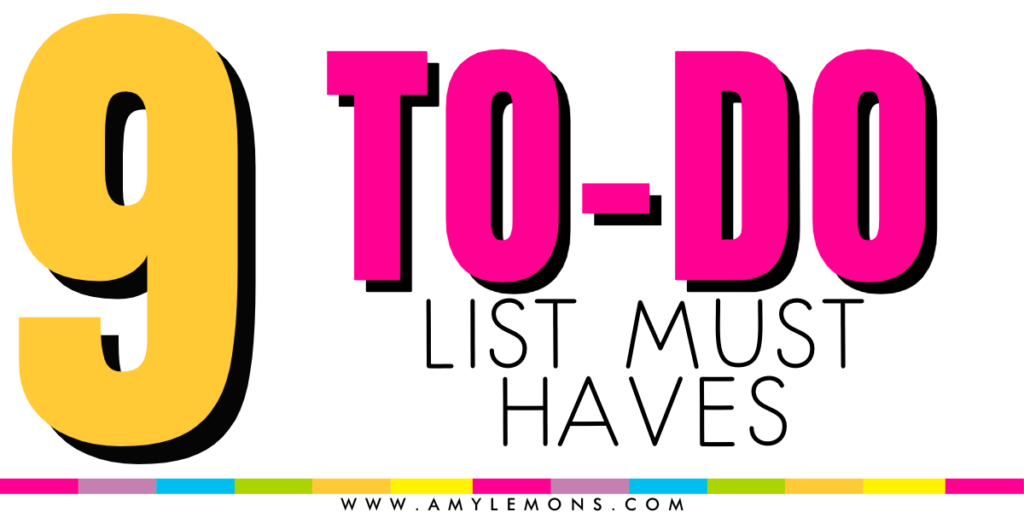
Molly’s #1 tip for new teachers is to establish clear boundaries from day one! Use these boundaries to structure your day.
A classroom teacher’s work is never done – there is always grading to be done, copies to be made, or projects to be prepped. It’s important to create a schedule that will give you a balance.
You don’t want to be watching the evening news in your classroom {which Molly may or may not have done in her early years!} Set an “end time” that you walk out of your classroom each day and write a list of what must be tackled the next day.
Consider using a to-do list. You can snag this free Teacher To Do List to help you stay on top of all you need to do!
Taking on your first year of teaching can be scary, but when you use these 9 tips new teachers need to know you can have a less complicated teaching journey.


Hey, y’all! My name is Amy Lemons and I am passionate about providing students with both engaging and effective standards-based Math and ELA lessons.
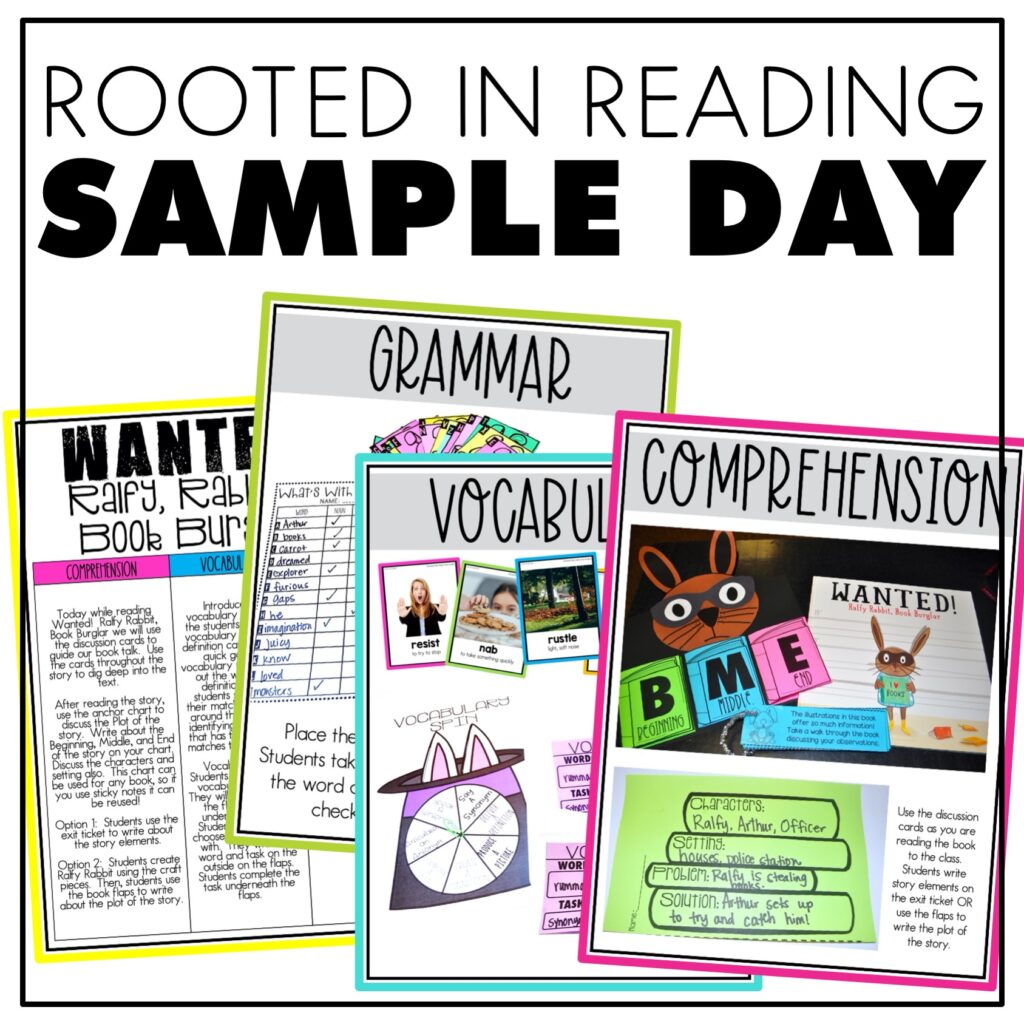
Sample a day of Rooted in Reading with these lesson plans and activities for Reading Comprehension, Vocabulary, and Grammar!


